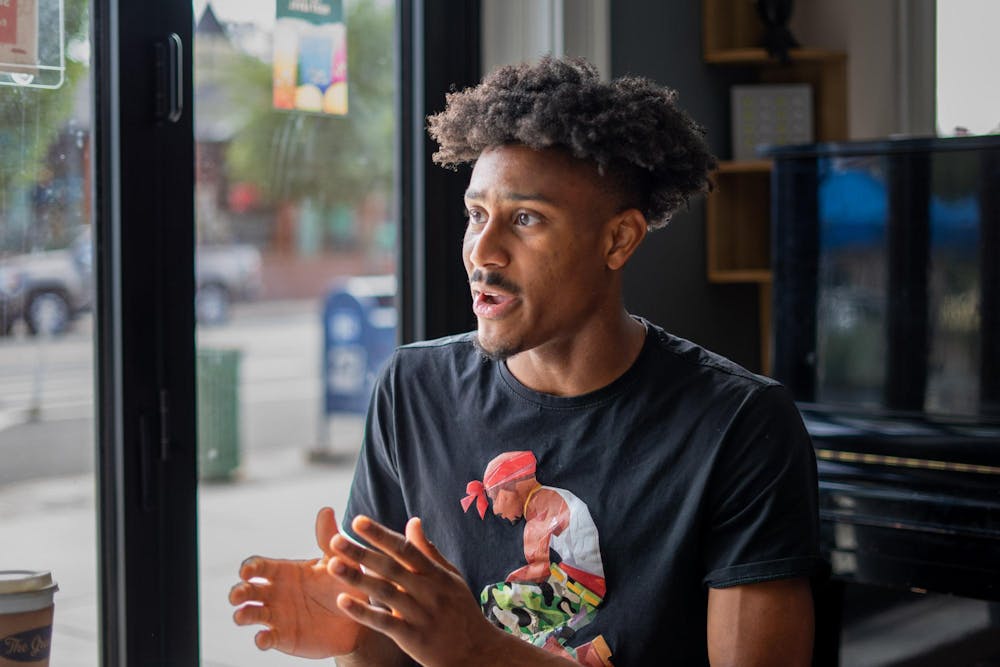Michael Spragley remembers the day a UNC Chapel Hill alum — a white man in his 80s — came to cross country practice and made an insensitive assumption. It’s not a fond memory.
Spragley, like his teammates, wore white t-shirts with a UNC logo and “CROSS COUNTRY” under it. Yet the alum asked Spragley, the only Black athlete there, if he was a jumper.
Later, Spragley told his suitemates, but they didn’t understand how offensive the question, stereotyping Black track athletes, was. It took Spragley two months before he mentioned the incident again — this time to the Black, Indigenous and People of Color (BIPOC) Student-Athlete Collective for UNC athletes.
The BIPOC collective rebranded to become Student-Athletes Facilitating Equity (SAFE) in 2022. SAFE isn’t just for athletes of color but for all athletes. The organization offers small group sessions for athletes to discuss topics varying from the experience of athletes of color at a predominantly white institution to mental health struggles. SAFE also leads community-building events, educational panels and social media campaigns aimed to inform followers on current issues facing people of color.
Graduate football rush Kaimon Rucker and senior fencer Iman Tucker are this year's leaders of the group.
Spragley, a co-founder and former co-president of SAFE, still didn’t mention the microaggression until he was walking one day with Lauryn Hall, a former sprinter.
“He was more timid in terms of expressing how he felt about it, until I affirmed him and how he felt," Hall said.
After Hall's validation, Spragley brought it up in a BIPOC collective meeting a few days later. Other members then recounted similar stories of microaggressions.
“If you're isolated, you feel like you shouldn't say anything,” Spragley, now a UNC alum, said. “Don’t wanna make a whole big thing, you feel like you got nobody on your side. But being at BIPOC kind of gave me the confidence to [talk]."




